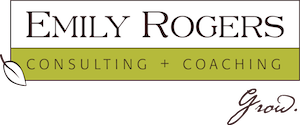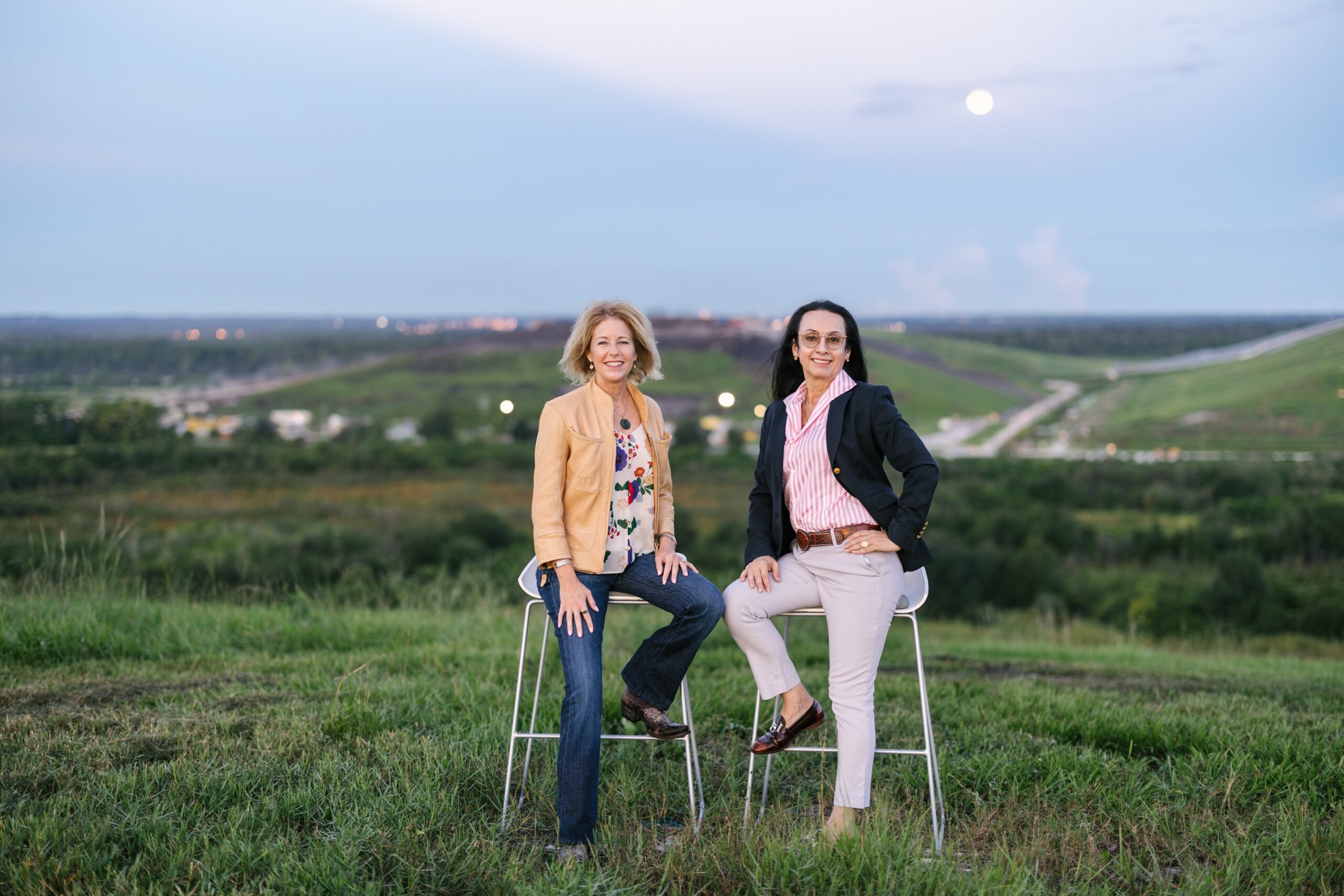My most recent leadership conversation was with Ana E. Wood, Waste & Recycling Director for Polk County Board of County Commissioners. Wood has responsibility for all field operations, including the environmental and social impact of waste management activities. She has held several leadership positions in the solid waste industry during her career, both in private and public enterprises. Before she was appointed Waste & Recycling Director, Wood held senior positions at Waste Management, Inc., and the City of Jacksonville. In 2007, Wood founded Ana Wood & Company – an international company that provided industry insights to public and private companies. Wood has devoted her career to developing and executing business strategies targeting innovation, customer relations, people, the environment, and profitability. Wood has represented the waste industry in public forums as a keynote speaker in South, Central, North America, and the Pacific Rim.
Wood earned a BS from Lynn University and an MBA in international business from the University of Miami. As a perennial student, Wood has also completed several executive education studies at Harvard, Cornell, UF, and FSU. Wood was recently accepted to Wharton’s Executive Education program in finance. In 2019, Wood was the recipient of the Lakeland Chamber of Commerce Leadership Athena Award.
Her insights about staying curious, not being afraid of failure and nurturing a sense of discovery demonstrate leadership at its highest level. Join me as we learn how this dynamic woman has navigated 35 years serving the community, the environment, and the teams she leads in the waste management industry.
What is one thing that most excites you about starting your day?
Every morning, I greet the day by watching the sunrise. If you are an early riser and take the opportunity to observe the break of day, you’ll notice that no two sunrises are ever the same. Each one brings something new, something fresh and that’s how I see every day – as a chance to see things with fresh eyes, start anew and find ways to make things better.
What are the most notable life and work experiences that have shaped and influenced you as a leader?
My family emigrated to the United States from El Salvador when I was a teenager. I was thrown into a new culture, a new language, and a new community, at a time in my life when all I wanted was to belong. Finding myself in a new environment was scary, but it gave me resilience. If I had stayed in El Salvador, I think many parts of my personality would be similar; however, I don’t know if I would be as creative or resourceful about solving problems. Going through a difficult time and seeing that you can overcome it takes tenacity, perseverance, and optimism. Knowing that I’ve been in worse situations helps me stay focused when dealing with a problem and propels me to tackle new things and move forward. All of which makes me a stronger leader.
Professionally, a pivotal event was when Waste Management stationed me in Hong Kong for four months. That international experience allowed me to develop skills that, to this day, are very useful. Skills like sharing ideas, rethinking how we do something, and listening openly for different approaches helped me navigate this situation. I think that was the result of being immersed, yet again, in another culture, another language – in an entirely unfamiliar situation. This time, viewing the situation as an adult and not as a teenager, I was able to ask critical questions about how to make the assignment effective.
Questions like – How can we learn to come together? How can we integrate our ideas for the benefit of the company and the community? How can we bridge the gap between Asian and American cultures?
The most important thing I learned that continues to serve me as a leader is the value of listening – really listening – to the responses to these questions. Not just listening to the words being spoken but listening to discern what the speaker is really trying to convey. This type of listening helps us understand that even though we are different, we all have common denominators that we can build on.
What one belief has most changed for you over the course of your 35+ year career?
When I was very young and naïve, I saw failure as a disaster. Failure was not even in my vocabulary. “Failure is not an option” is a catchphrase you hear from some leaders, and I’ll admit I was afraid of failure. There are times when I can say that a fear of failure prevented me from having the courage to say, “That’s not going to work.” But as I look back, the failures that I had in my career, and sometimes also in my personal life, were not failures. Those “failures” are why I have learned so much and have given me the wisdom to see solutions when others see no options.
Now, instead of preaching “failure is not an option,” I encourage my employees not to allow the fear of failing to stop us or to paralyze us from doing the right thing. I often say that I am their safety net and that I’m here to catch them if they fall. I believe this produces an environment of accountability where employees are comfortable taking risks and speaking up when things aren’t right rather than holding on to something because they are afraid of being viewed as a failure.
What is one characteristic that you believe every leader should possess and why?
In both leadership and every aspect of life, people should have a sense of discovery. This starts with self-discovery and taking time to truly understand what led to a particular success and asking yourself what you could do better next time. Then you can take that sense of discovery and apply it to every situation you face so that rather than trying to find blame, you are trying to discover how things can be handled in a better way. When you have a sense of discovery, people gravitate towards you because they know you are a safe space for finding solutions, and you will learn a lot more.
As your retirement is approaching, in what additional ways do you most want to contribute to Polk County’s future success? Is there a final mark you’d like to leave?
There are three critical projects that I see as my final mark. First, an engineered wetland research project that will better manage the byproducts from the landfill. Second, reinventing how we serve our residents in the recycling space by providing better and more environmentally friendly recycling opportunities. Finally, we are in the process of building a new disposal area in the existing landfill that will accept new waste without dramatically increasing the existing footprint of the landfill.
Ten years from now, what do you most want to be remembered for?
I want to be remembered for creating aligned work environments conducive to creativity and for giving people the feeling that they have a purpose. From the moment I started in this role, I knew that I wanted to give every employee a greater sense of the importance and value of their work. The waste industry is not glamourous, but we have a clear purpose – keeping communities clean and pollution prevention, especially as it relates to water, land, and air. I often say we don’t have menial jobs in waste and recycling because every role in the department has a purpose. We are working together to make Polk County a safer, more enjoyable, and more environmentally friendly place to live.
This interview has been edited and condensed for clarity.

